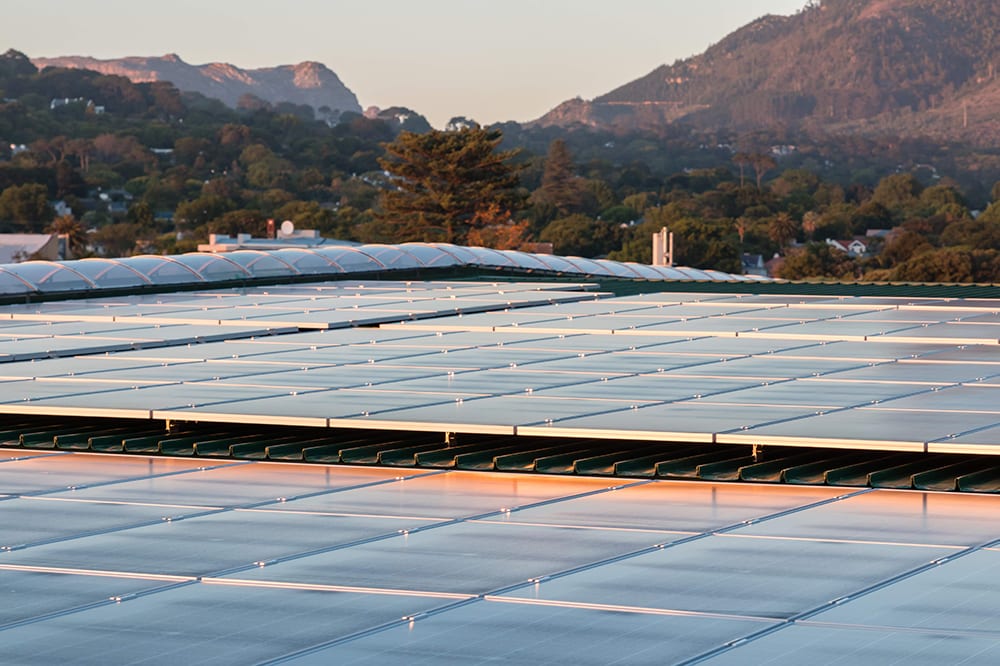In recent years, we have been grappling with the burden of increasing power bills and fluctuating fuel prices. The rising cost of traditional energy sources has taken a toll on households, businesses, and industries across the nation. In this pressing scenario, it becomes imperative to explore viable and sustainable alternatives that can alleviate the financial strain on consumers and drive economic growth. One such solution lies in embracing solar power as an alternative source of energy. In this blog post, we will delve into the economic advantages and environmental benefits of adopting solar energy in Nigeria, and how it can offer a compelling solution to combat the challenges posed by escalating energy costs.
The Economic Advantages of Solar Energy
1. Reduced Reliance on Grid Electricity
With conventional grid electricity rates on the rise, many Nigerian households find it increasingly challenging to manage their monthly expenses. By installing solar panels on rooftops, homes can generate their own electricity and reduce their dependence on the grid. This not only curtails electricity bills but also provides a stable and sustainable energy source, ensuring uninterrupted power supply even during grid outages.
2. Cost Savings in the Long Run
While the initial investment in solar panels may seem a little bit daunting, the long-term benefits far outweigh the costs. Solar power systems have a lifespan of 25 to 30 years, and during this period, homeowners and businesses can enjoy substantial savings on electricity bills. Furthermore, with advancements in solar technology and economies of scale, the cost of solar panels has significantly decreased, making them more accessible and financially attractive.
3. Job Creation and Economic Growth
The transition to solar energy can ignite a surge in job creation across various sectors. From manufacturing and installation to maintenance and research, the solar industry presents numerous opportunities for skilled and unskilled labor. As the solar sector expands, it attracts investments and stimulates economic growth, contributing to the overall development of the Nigerian economy.
4. Preserving Natural Resources
Fossil fuels are finite resources that require extensive exploration and extraction, often leading to environmental degradation and habitat destruction. Solar energy, on the other hand, harnesses the power of sunlight, an abundant and inexhaustible source of energy. By utilizing solar power, we can conserve valuable natural resources, protect ecosystems, and promote biodiversity conservation.
As Nigeria faces the dual challenge of increasing power bills and fuel prices, the integration of solar energy emerges as a promising solution. By reducing reliance on grid electricity, offering long-term cost savings, driving economic growth, and preserving the environment, solar power presents a compelling alternative for the nation’s energy needs. With the support of government policies and incentives, the shift towards solar energy becomes not just an individual choice but a collective effort to build a sustainable and prosperous future for Nigeria. Let us embrace the power of the sun and take significant strides towards a brighter and cleaner energy landscape.


